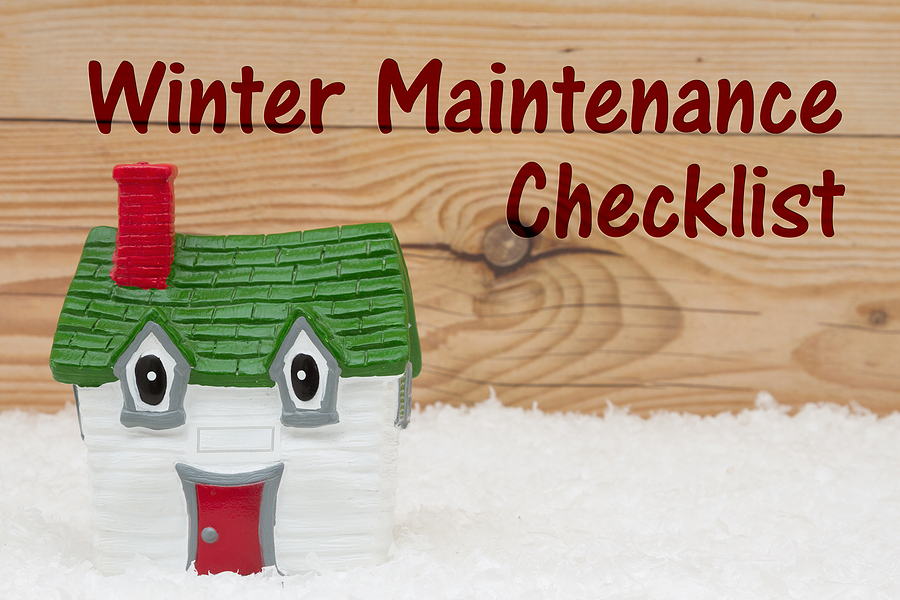17 Tips to Protect Tenants and Property During Winter Weather

Falling temperatures herald the holiday season, but winter weather also brings a new set of risks, including slips and falls, burst pipes, and space heater fires. Use this handy winter checklist for landlords to protect your residents and your property in the cold months ahead.
Winter Checklist for Landlords
- Inspect and repair the roof. Check the roof for gaps or water damage, especially around vents and other openings. Caulk or seal openings, and clear drains of leaves and other debris. Don’t forget to check chimneys.
- Fix sidewalk cracks. Now is also a good time to take care of sidewalk repairs. Damaged sidewalks create trip hazards. In addition, constant expansion and contraction, caused by water melting and freezing, can make existing damage considerably worse by the time spring arrives.
- Store outdoor items. Move outdoor items such as lawnmowers and outdoor furniture into storage for the winter.
- Seal doors and windows. Sure, HPD has heat requirements for New York City landlords, but you don’t have to heat the outdoors. Keep utility bills in check by installing (or repairing) weatherstripping in doors and windows. Repair gaps around windows and cracks in walls with caulk or more permanent repairs, as needed.
- Clear gutters and downspouts. Blocked gutters can lead to water accumulation and ice dams, which can tear off gutters and result in interior leaks.
- Winterize pipes. Drain and insulate any exterior pipes to prevent the lines from freezing during the cold months.
- Protect against leaks. Add leak detectors and auto shutoff devices to prevent catastrophic leaks, especially when you’re not on the premises.
- Check nearby trees. Inspect trees and have unsafe branches removed. Winter storms can snap limbs and topple entire trees.
- Arrange for snow removal. Make sure you have a plan for removing snow and ice from sidewalks in a timely manner. New York City has strict guidelines for snow removal. Make sure you have ice melt on hand.
- Replace air filters. The start of the winter season is an excellent time to change HVAC air filters. Clogged filters not only increase energy usage, but they also shorten the life of your equipment.
- Winterize AC units. To preserve its life, cover and seal the outdoor unit to prevent damage from snow and ice.
- Assess entry mats. Position high-quality mats inside and outside the building to reduce slip and fall hazards. Keep warning signs on hand to alert tenants and visitors to wet surfaces.
- Test smoke, fire and carbon monoxide detectors. Winter is the prime season for home fires, a leading cause of building insurance claims. Make sure these early-warning systems are fully functional.
- Bleed radiators and service heating systems. Make sure heating systems are working properly before they’re needed.
- Educate tenants. Share holiday safety tips with your tenants. Thanksgiving and Christmas both see a high number of residential fires caused by cooking. Also, provide guidelines for space heater usage, which need at least three feet of space around them.
- Plug leaks in electrical outlets. Once a year, remove outlet covers and fill in any gaps around the outlet boxes. While tedious, this step can prevent heat loss. A bit of foam solves the problem quickly.
- Add battery back-up. Make sure sump pumps or other critical systems will continue to operate during power outages to prevent damage.


Comments (0)